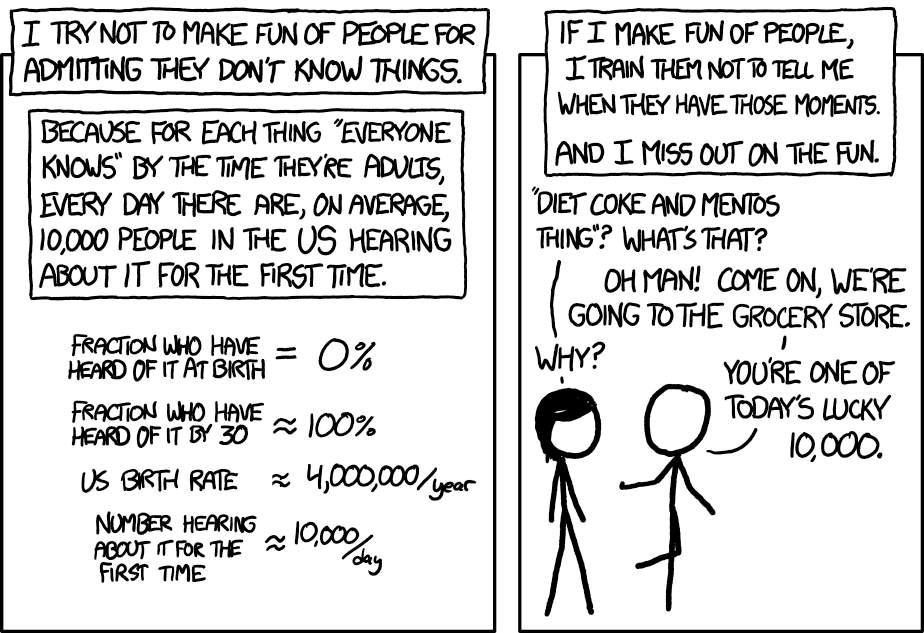this post was submitted on 12 May 2024
1045 points (98.2% liked)
Open Source
31396 readers
132 users here now
All about open source! Feel free to ask questions, and share news, and interesting stuff!
Useful Links
- Open Source Initiative
- Free Software Foundation
- Electronic Frontier Foundation
- Software Freedom Conservancy
- It's FOSS
- Android FOSS Apps Megathread
Rules
- Posts must be relevant to the open source ideology
- No NSFW content
- No hate speech, bigotry, etc
Related Communities
- !libre_culture@lemmy.ml
- !libre_software@lemmy.ml
- !libre_hardware@lemmy.ml
- !linux@lemmy.ml
- !technology@lemmy.ml
Community icon from opensource.org, but we are not affiliated with them.
founded 5 years ago
MODERATORS
you are viewing a single comment's thread
view the rest of the comments
view the rest of the comments

Neither of those points invalidate the idea presented.
Just because it's not a uniform distribution doesn't mean the average changes. Most people learning a thing earlier in life doesn't change the average rate. Even if literally every single person learned a given fact on their ninth birthday, that still averages out to the same rate.
As for your second point, you're conflating "things everyone knows" with "knowing everything". Obviously people who are 80 still don't know everything, but it's not unreasonable to assume they share a pool of common knowledge most of which was accumulated in their early life.
And even if both of those things were valid criticisms, the thing you're calling out as "inaccurate pseudoscience" is the suggestion that people shouldn't be ridiculed for not knowing things, rather we should enjoy the opportunity to share knowledge.